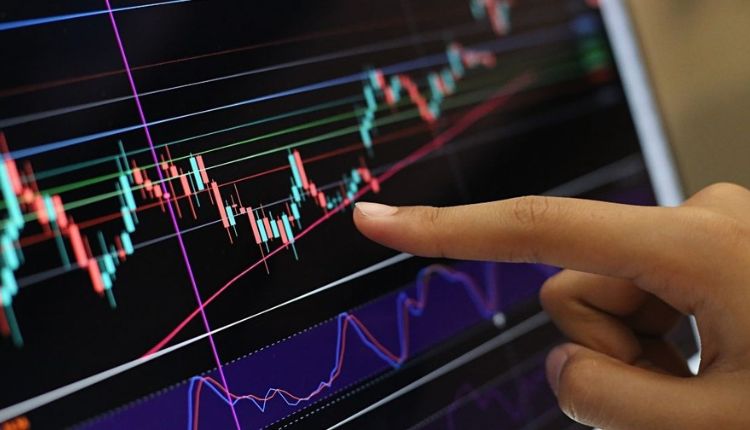A broker is a person or firm that works as an intermediary for investors and traders. They are compensated through commissions and fees. They can also earn money by sweeping cash in investor accounts and earning interest on it. Trading brokers make their profit through spreads on trades. They can also charge for extra services like live newsfeeds and portfolio management.
A Broker Is A Sales Agent
Passing the broker exam allows you to work independently and sponsor other salespeople. However, it also opens up more career paths that are more operations-based, such as managing rentals or escrow handling. It can also make you eligible to be a broker of record or a broker owner in a brokerage firm.
Generally, a broker will negotiate a commission split with a salesperson before they get involved in a deal. This is not set in stone, and varies by brokerage. For example, it is not unusual to have a brokerage that offers a certain percentage of the salesperson’s commission for showing property and closing a sale.
As a broker, you are responsible for your actions and can be held liable. For this reason, you must take care not to reveal confidential information that may compromise your bargaining position. You should only disclose personal and financial information if necessary. If you are representing a buyer, your broker must disclose this to the seller’s broker or facilitator, and they must be informed in writing that they are not acting as your agent.
A Broker Is A Dealer
A broker-dealer is a financial market participant that enables trades between customers. Its role is vital to the investing sector. Broker-dealers are required to follow strict regulations, so they can be trusted to manage credit and counterparty risk and protect investors and the system as a whole. In addition, they must monitor market conditions and control their operations.
In addition to executing trade orders, eo broker -dealers also make markets by providing liquidity through market-making activities. They also publish investment research and raise capital for companies. They may be independent firms or subsidiaries of large commercial and investment banks. They are regulated by the Securities and Exchange Commission (SEC).
Investors can access thousands of financial markets, from stocks to global currencies to commodities like lean hogs. These markets provide diversification and the opportunity for significant gains. The primary way that a broker-dealer makes money is through trading commissions, which are paid by customers for executing trades on their behalf.
A Broker Is A Market Maker
A broker that acts as a market maker buys and sells shares in its own inventory and provides liquidity for traders. These brokers usually offer higher spreads than other market participants. They also have the right to internalize their clients’ orders, in which case they will send them to another division of their firm to be filled out of its own stock.
In order to make a profit, a market maker must continuously quote prices at which it is willing to buy and sell securities. This ensures that traders can find someone to trade with and reduces transaction costs. However, they can lose money when a price declines after they have bought a security. To avoid this risk, a market maker must cover its positions with liquidity providers. This is a risk that MMs must be aware of when evaluating brokers. It is important to consider the reputation of a broker and its customer service.
A Broker Is A Broker-Dealer
Broker-dealers are essential players within the financial market. They pair investors who want to buy or sell securities with a counterparty, and then execute the trade on their behalf. They are also a critical part of the liquidity process, and they help ensure that securities are available for investment. They make money by charging a fee, known as a commission, for each trade they conduct.
In addition to their trading activities, broker-dealers also generate revenue by establishing long-term relationships with customers through onboarding and account management. This entails compiling thorough financial profiles and customizing investment plans to fit individual circumstances. It also includes constant due diligence to ensure that operational activities align with regulatory frameworks. This enables broker-dealers to guarantee that the market functions smoothly and efficiently for their clients and for the financial system as a whole. Moreover, they take on underwriting risks to create new securities offerings for business that need financing. This enables them to generate substantial profits in the process.
Wrapping It Up
A broker is a person or company that sells financial securities over the stock exchange, charging a fee for each trade. Brokers work on a commission basis and usually belong to large brokerage firms. Brokers spend a lot of their time trying to expand their client bases and keeping clients up to date with market fluctuations. They also protect clients’ funds by complying with regulations.


